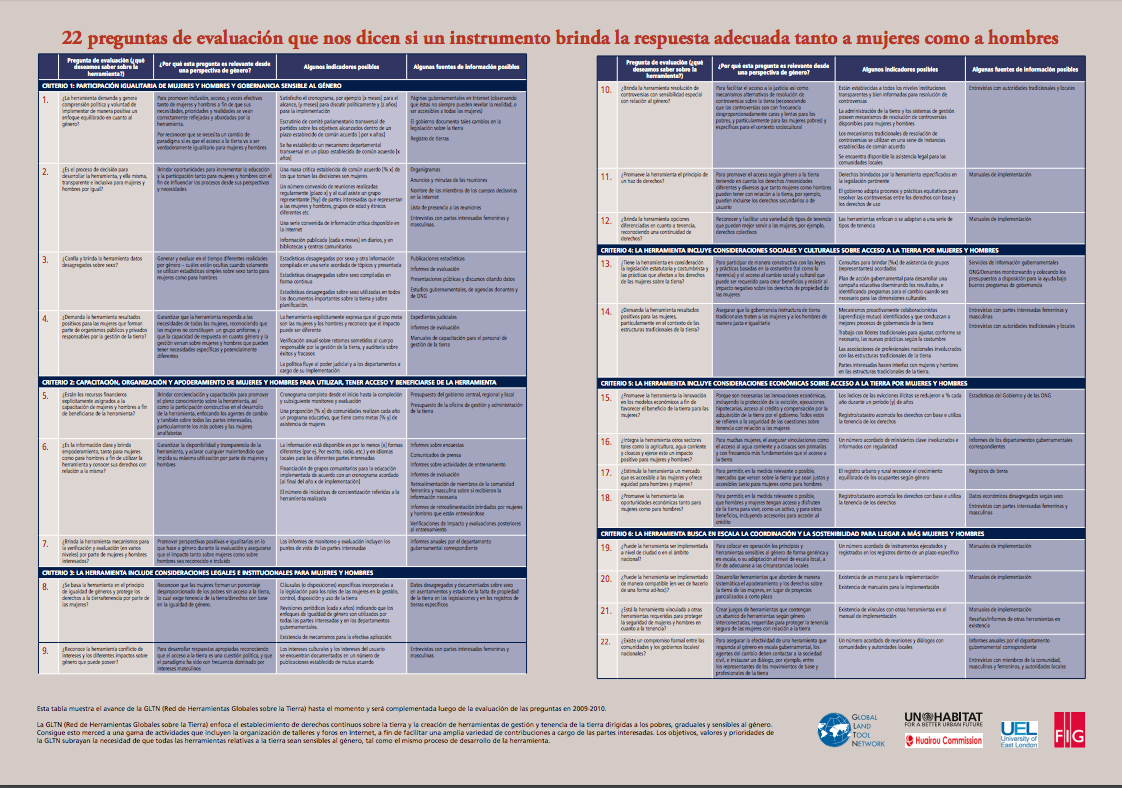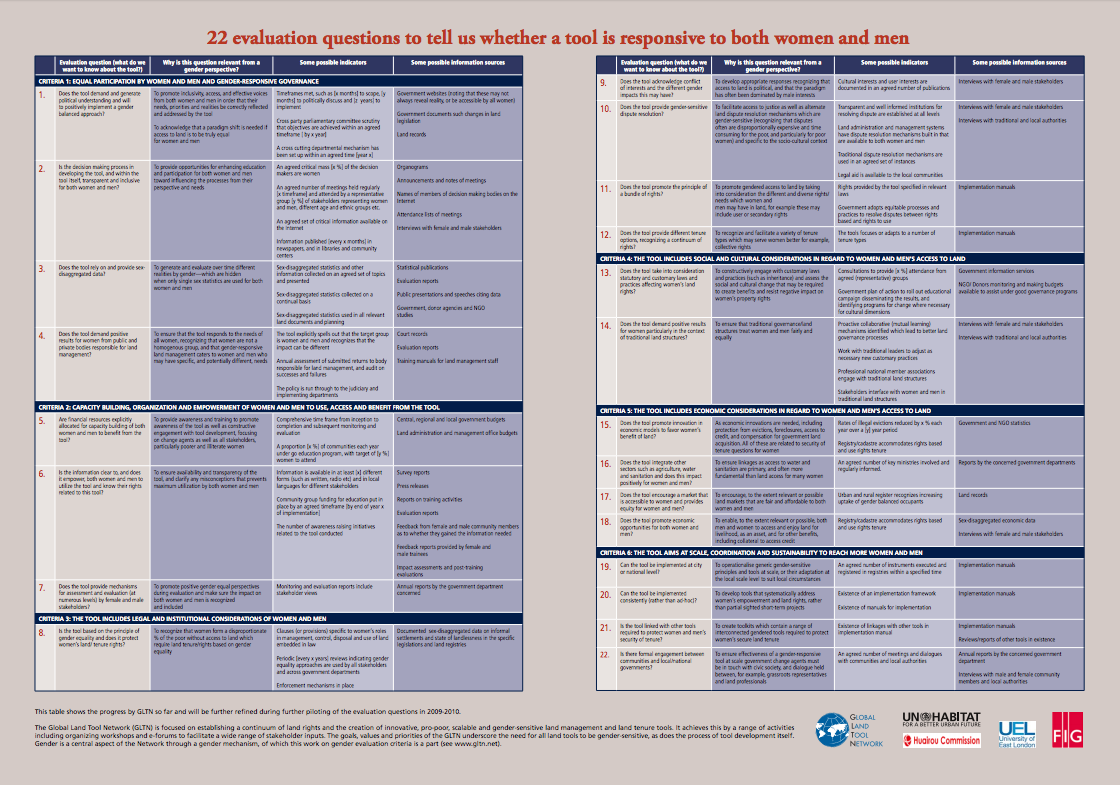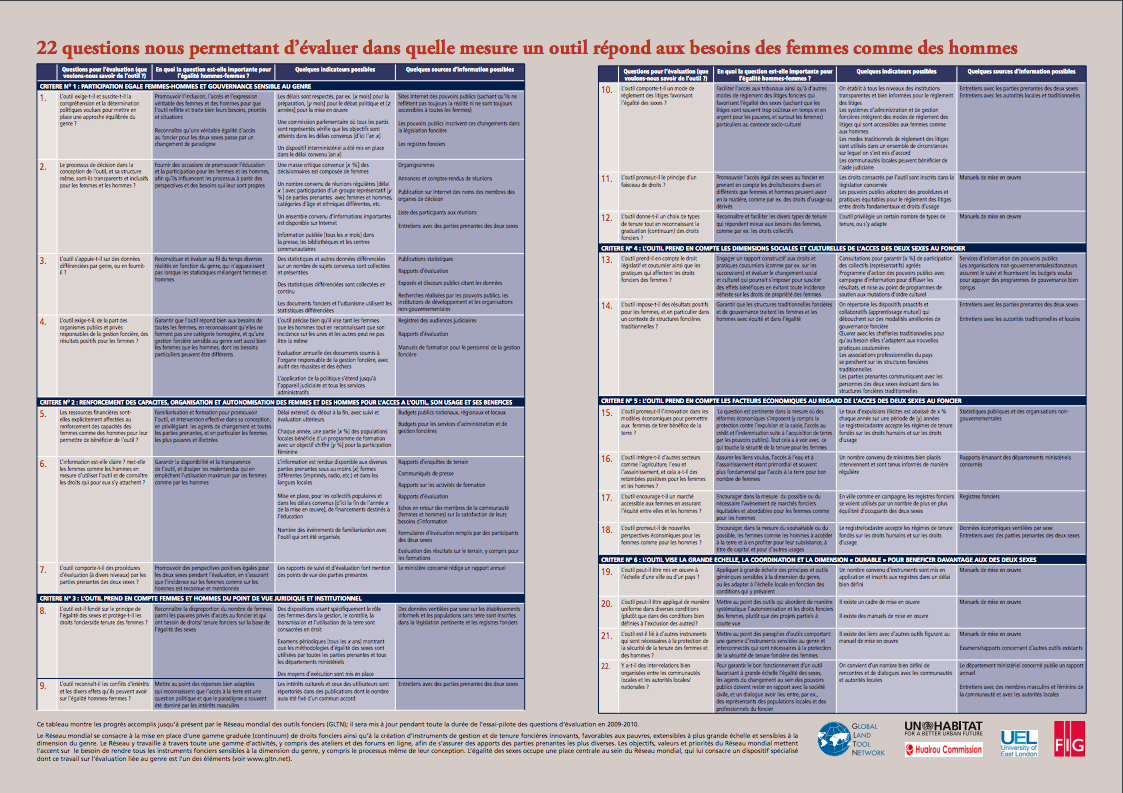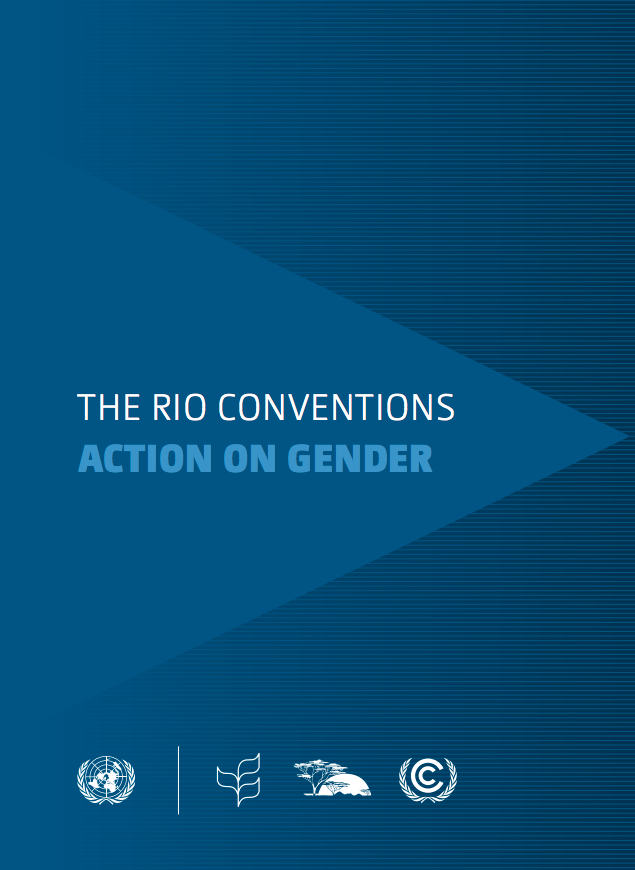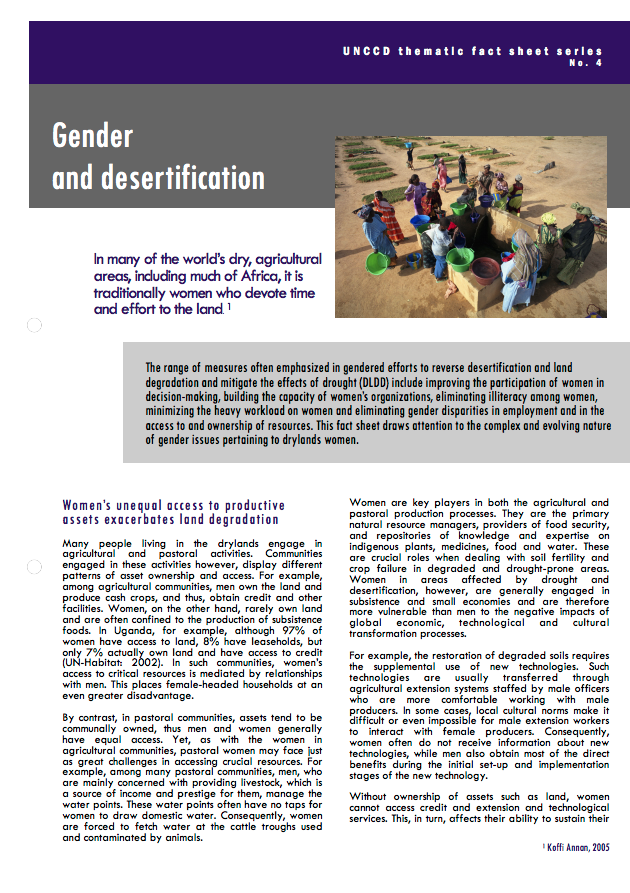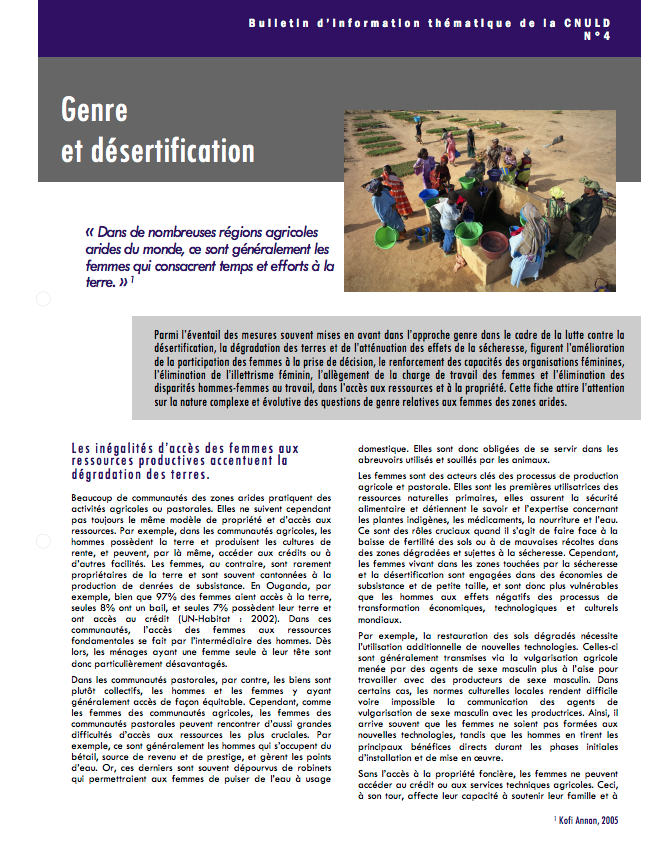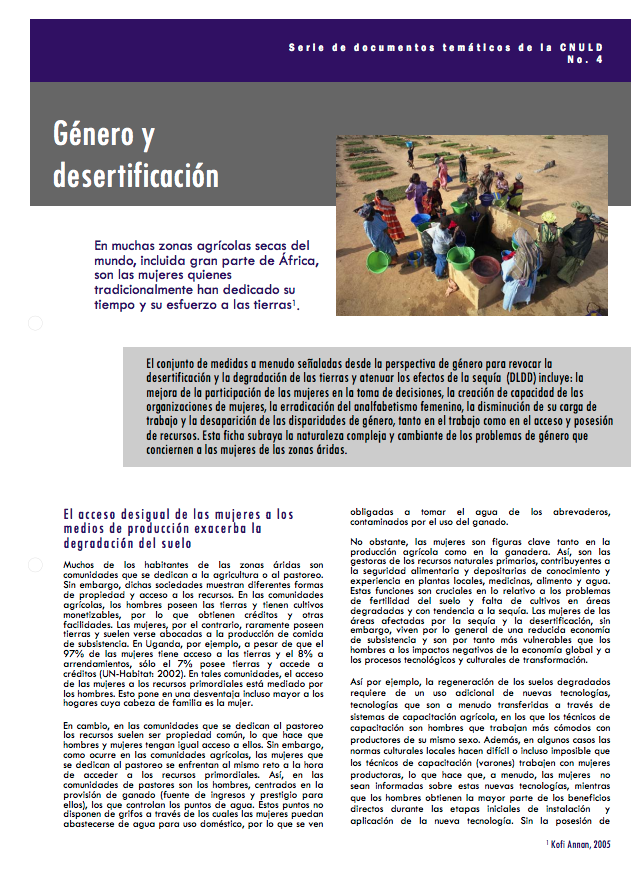From Under Their Feet
This paper was commissioned by ActionAid and serves as a think-piece to build our understanding of the gendered implications of the recent wave of large-scale land acquisitions and investments, particularly in Africa. It aims to provide a basis for further development of policy proposals and recommendations that address the issue from a developmental and gender equality perspective.


